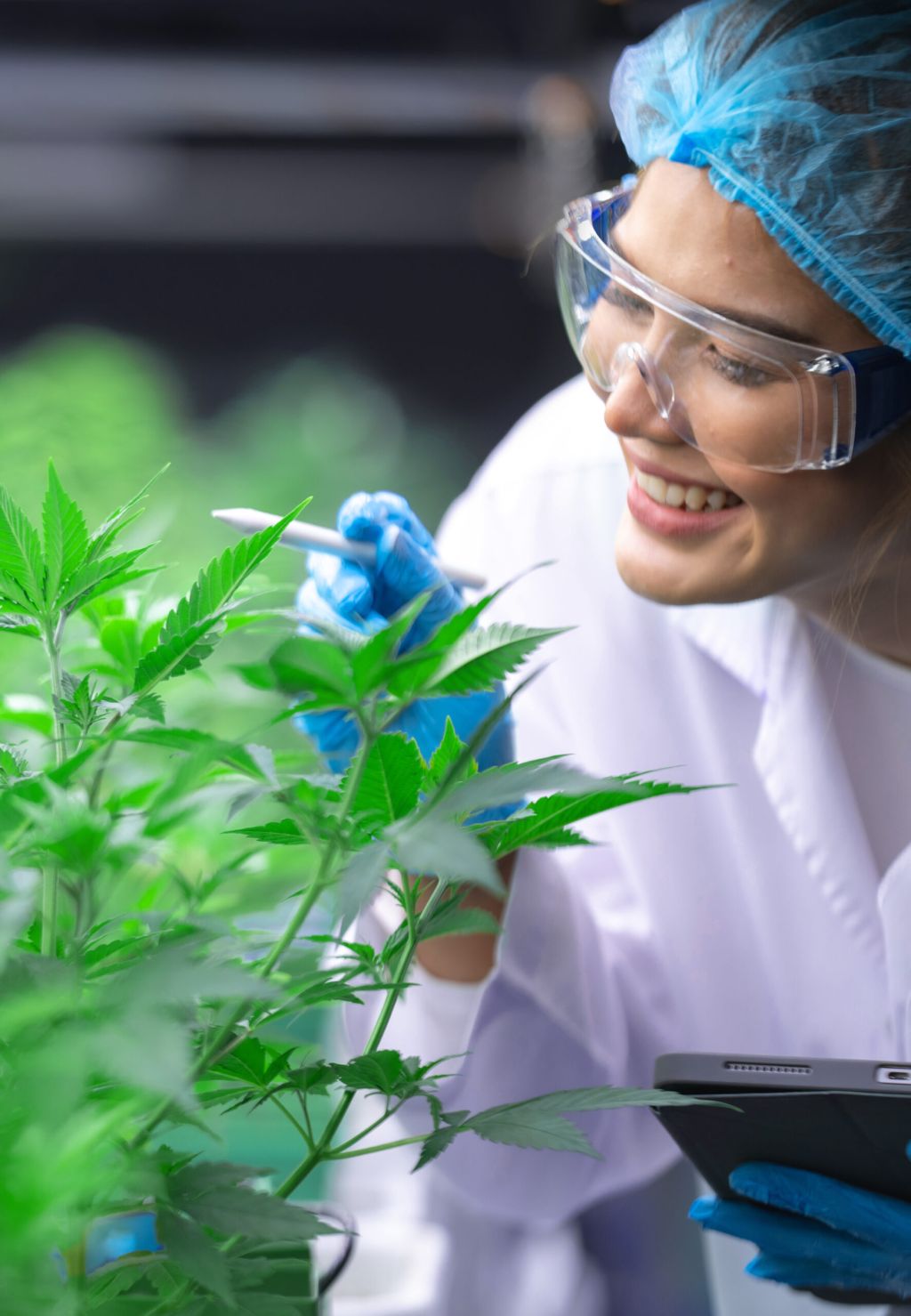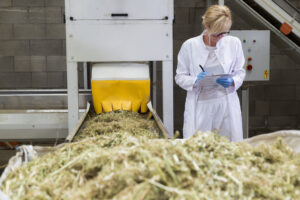Industrial Hemp Regulatory Programs in Michigan
The Cannabis Legal Group assists with a wide variety of industrial hemp and cannabinoid businesses. Now is the time to enter into Michigan’s budding industrial market. Cannabis Legal Group assists hemp producers, suppliers, and product manufacturers throughout Michigan, and we’ve also played a large role in driving cannabinoid law and policy across the state.
As hemp and cannabinoid laws continue to evolve, contact the Cannabis Legal Group to explore the many ways we can help your business can drive this emerging industry. Businesses in this area who want to uphold these new laws, will also need to look into banks that accept CBD business, to make sure that any and all financials are correct and helping the business continue to grow.
Interested in learning more about industrial hemp? Need corporate counsel? Request a free consultation now.
What is Industrial Hemp
Industrial hemp laws are changing rapidly. Under the 2014 Farm Bill, state agricultural departments and institutes of higher learning were permitted to allow limited its cultivation for research purposes. With the passage of the 2018 Farm Bill, “hemp” was removed fully removed from the definition of marijuana in the Controlled Substances Act, allowing for a full commercial hemp industry.
“Hemp” is derived from the same variety of the plant, Cannabis sativa L. as marijuana. While marijuana remains a Schedule I controlled substance, “hemp” is defined as a plant of the genus Cannabis and any part of the plant containing a delta-9 tetrahydrocannabinol (THC) concentration of no more than three-tenths of one percent (0.3%) on a dry weight basis.
Cannabidiol- CBD
Cannabidiol, commonly known as CBD, is one of the most popular cannabinoids that can be derived from industrial hemp. CBD is commonly being used to manufacture medical products such as these wholesale CBD gummies as well as many other products for medical marijuana patients to consume for its medical benefits. CBD is incredibly popular, explaining the many people delving into the business of growing and selling the cannabinoid. With so many medical patients requiring it, many are looking for CBD seeds to get involved in the industry.
If you would like to find out more about CBD, its benefits, and its legality, take a look ultrazencbd.com.
By specifically defining hemp and distinguishing industrial hemp from marijuana, the 2018 Farm Bill opened the door for a new, federally legal, commercial industry. The 2018 Farm Bill established the United States Department of Agriculture (USDA) as the primary federal agency regulating industrial hemp. States may develop regulatory authority over it by submitting plans for regulation to the USDA. The USDA is currently developing rules and regulations to govern this process.
Interested in learning more about industrial hemp? Need corporate counsel? Request a free consultation now.
Michigan’s Industrial Hemp Ag-Pilot Program
In Michigan, 11 days after the passage of the 2018 Farm Bill, outgoing Governor Rick Snyder signed the Industrial Hemp Research and Development Act (IHRDA). The IHRDA is Michigan’s first move towards the development of a commercial hemp program. The IHRDA authorizes MDARD to enter into research agreements with applicants to allow for cultivation permitted under the 2014 Farm Bill. On April 18, 2019, the Department of Agriculture and Rural Development (MDARD) and Governor Gretchen Whitmer announced the Industrial Hemp Ag-Pilot Program:
“Michigan is uniquely positioned to grow, process and manufacture industrial hemp. We are one of the nation’s most agriculturally diverse states – growing 300 different commodities on a commercial basis – making it a natural fit,” said Whitmer. “This emerging crop not only cultivates new opportunity for our farming community, but it also creates an avenue for new businesses to crop up across the state.”
Michigan is currently accepting applications for the Industrial Hemp Ag-Pilot Program. There are two licenses available under the Ag-Pilot Program. The Grower license authorizes applicants to plant, propagate, grow, cultivate, or harvest live hemp plants or viable hemp seeds. If you intend to sell it, you’ll also need to apply for the Processor-Hander license. A Processor-Handler license authorizes an applicant to process, handle, broker, or market it. Applicants can apply for and obtain both licenses. The application process and costs are very reasonable, especially when compared to the other marijuana licensing in Michigan.
MDARD is actively working on developing Michigan’s future industrial hemp program. Participating in the Ag-Pilot program will allow you to work directly with MDARD as the department develops future opportunities in Michigan.
Our Services
Contact Cannabis Legal Group today if you’d like to learn how to participate in Michigan industrial hemp regulatory programs. In addition to assisting clients with applications, Cannabis Legal Group can guide your business as federal, state, and local laws continue to change. Like any regulated industry, establishing a regulatory compliance plan, and identifying conflict and risk is key to a successful operation.
While industrial hemp and cannabinoid laws continue to expand, businesses still face significant challenges when marketing, labeling, and shipping hemp-derived products. Cannabis Legal Group can help you establish a strong foundation, and help you develop a business plan to take advantage of the exciting industrial hemp opportunities
Interested in learning more about industrial hemp? Need corporate counsel? Request a free consultation now.

Cannabis Legal Group Free Consultation
Get in Touch With Michigan's Most Trusted Cannabis Law Firm
We’ve Been Helping Michigan Marijuana Businesses Lay the Groundwork for Long-Term Security and Success for Years, and We Can Help You, Too.
Phone Number:
(248) 301-0626
© Cannabis Legal Group. All rights reserved.


